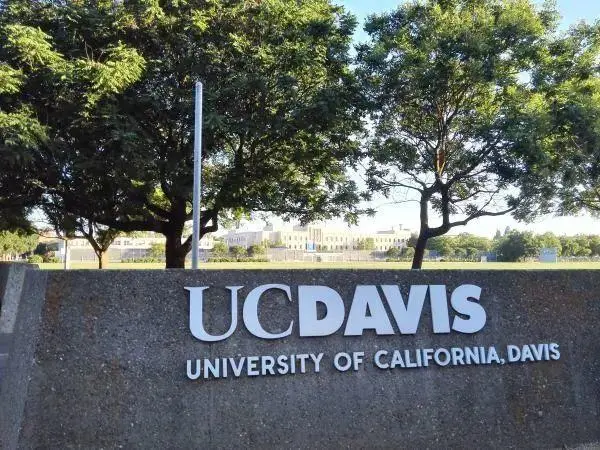
加州大学戴维斯分校博士后职位招聘–计算神经科学(人工智能、 机器学习、计算机视觉、 医学图像分析和/或生物数学)
Job Description
A significant challenge to cross-study data analysis is the lack of consistency in measurement among studies, especially for important outcome measures. In the context of neuroimaging, this includes different scanners and acquisition protocols. Harmonization of neuroimaging data across epidemiology cohorts, the Alzheimer’s Disease Centers, and convenience cohort phenotypic data has not been done in a substantive manner. In this appointment the candidate will develop deep learning and machine-learning approaches for the harmonization of neuroimaging data, including Diffusion Tensor Imaging (DTI). The goal of this position is to generate harmonized DTI imaging data sets that will be shared through a central data repository for data (genetic, genomic, annotation, analysis, statistical, and phenotypic) collected by other NIA-funded studies.
RESPONSABILITIES
-You will develop, test and validate novel algorithms with neuroimaging data
-You will apply your validated methods to large scale research and real life
everyday clinical routine neuroimaging data
– Willingness to work in teams
– You will communicate your research results to the larger communities
through publications in international conferences
– You will initiate academic publications in peer-reviewed journals; prepare
training grant proposals and other applications for future research.
– You will communicate your research results to the larger communities
through publications in international conferences
– You will engage in lab meetings and mentor trainees, and closely interact
with the PI
APPOINTMENT DETAILS
This appointment will be at the highly collaborative empirical computational and clinical environments at UC Davis. The full-time appointment is for 1-2 years with possibility of renewal. Position level and salary commensurate with training and experience, according to NIH scales. Review of applications will begin immediately and continue until the position is filled.
Qualifications:
• A PhD degree in computational
neurosciences (Artificial Intelligence,
Machine Learning, Computer Vision,
Medical Image Analytics and/or
Biomathematics);
• Experience in Dementia Research is a plus
• Great eagerness to solve scientific
problems
• Strong programming skills, e.g. in Python,
R, C++ and Java.
• Strong record of publishing in relevant
high-quality journals in the above fields
• Strong communication abilities in English;
spoken and written
International applicants welcome













